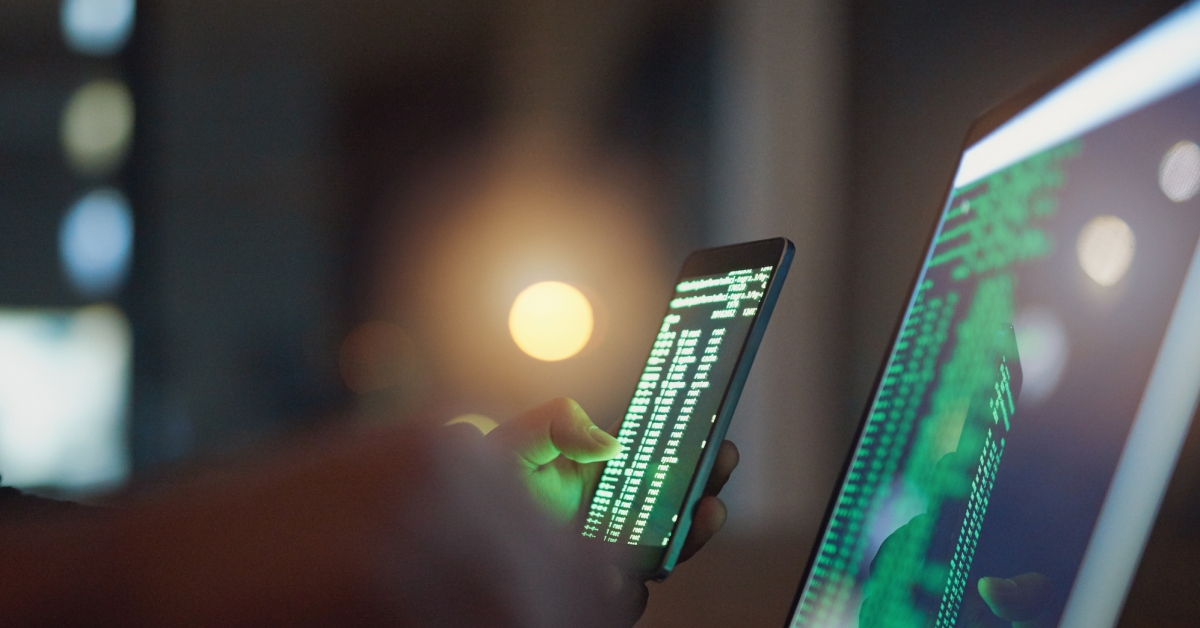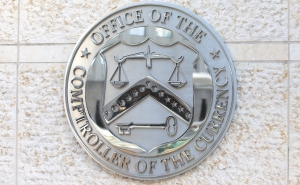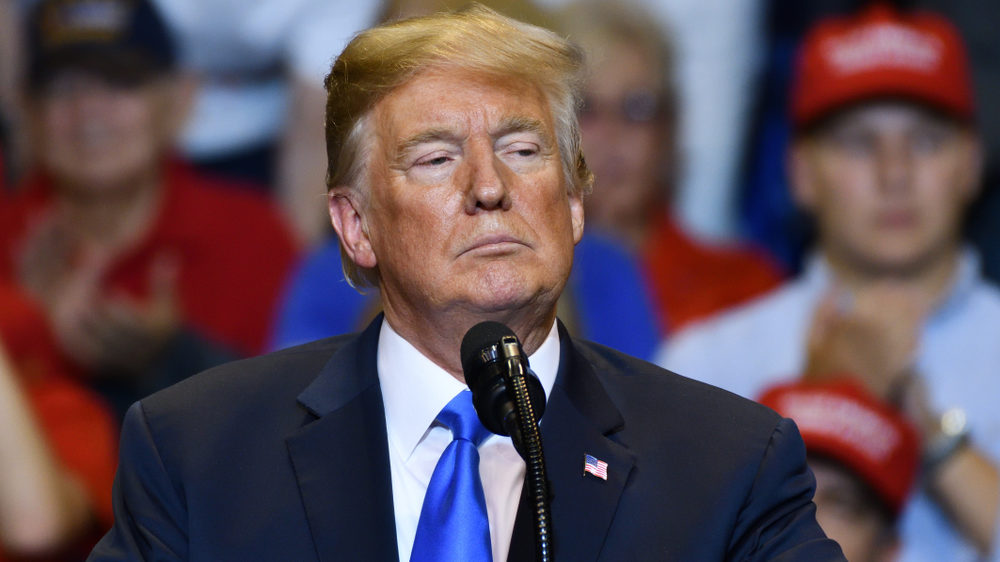HTC’s Latest Blockchain Phone Can Run a Full Bitcoin Node

Taiwanese electronics manufacturer HTC has launched its latest blockchain phone, the Exodus 1s, which enables users to support the bitcoin network.
Unveiling the device Saturday at the Lightning Conference in Berlin, the company claimed the new product is the first smartphone to be able to run a full bitcoin node, allowing it to propagate transactions and blocks anywhere.
“Full nodes are the most important ingredient in the resilience of the Bitcoin network and we have lowered the barrier to entry for any person to run a node,” Phil Chen, chief decentralized officer at HTC, said in a statement.
The new smartphone comes to the market at a price of €219 ($244), which is about a third of the cost of its predecessor, the Exodus 1. HTC will sell the new version at the Berlin conference using the Lightening payment network.
The device allows users to install a 400+GB SD card to expand its memory, allowing it to cope with the increasing data capacity required to store the full bitcoin ledger. The current size of the full ledger is closing on 250 GB, according to Blockchain.
The company recommended users to connect to WiFi and plug into a power source while running the full node, though it can also be used on the go.
The smartphone also has a built-in hardware wallet to help users securely store cryptocurrencies. By default it comes with 4 GB of RAM and 63 GB of storage, and runs on Android Oreo 8.1
“We are providing the tools for access to universal basic finance; the tools to have a metaphorical Swiss bank in your pocket,” Chen said.
The smartphone will be available in 27 countries across Europe and the Middle East, including Germany, Greece, Saudi Arabia and UAE. It is currently not planned for sale in the U.S.
. Blockchain startup Sirin Labs recently
teamed up
with electronics manufacturing giant Foxconn to launch the blockchain mobile phone Finney, while Samsung launched its
Galaxy S10
in the spring. Others such as LG are
rumored to be
moving into the blockchain space with upcoming devices.
Outside of buying and selling cryptos, smartphone markers are increasingly eyeing blockchain technologies as as a way to reassure users concerned about the security of their private information.
“We really care about this portable identity and users owning their identity and data, and we believe that the phone is the best place to do that,” Chen said.
HTC image via Shutterstock










